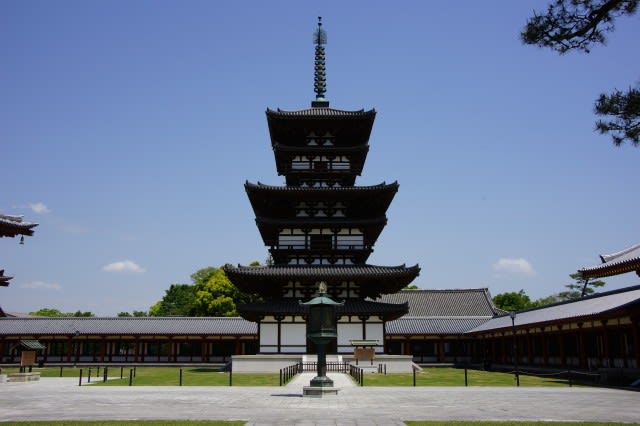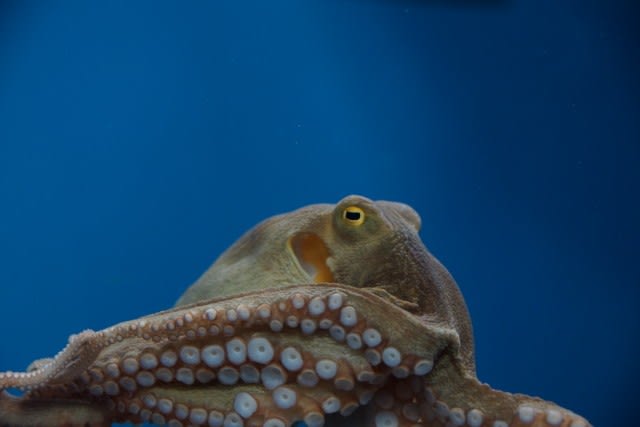The following is from Ms. Sakurai Yoshiko's serial column, which brings the weekly Shincho released today to a successful conclusion.
This paper also proves that she is a national treasure, a supreme national treasure defined by Saicho.
This article should be read with great attention, especially by the mass media and their local party members and friends of the LDP who say that their polls (I have no idea who they polled or what questions they asked) put Kono in the first place.
Two big questions for Mr. Kono in the LDP presidential race
The debate over the LDP presidential election is in full swing, with the vote set for September 29.
The next prime minister will be chosen from among four candidates: Taro Kono, Fumio Kishida, Sanae Takaichi, and Seiko Noda.
The first thing I would like to point out is that Mr. Noda is not up to standard.
In the years leading up to her fourth attempt, what has she been doing?
If she had set her sights on becoming prime minister, why did she spend so many years doing nothing?
She has yet to reach the level of debate with the other three candidates on any of the topics of security, economy, diplomacy, and health care.
On the September 17 edition of "Kotoron TV," "Sound Argument," publisher Takashi Arimoto explained that Nikai cooperated with Noda to preserve his influence.
"It is believed that Kono will be the one to be put at a disadvantage by Noda's run. If Noda loses Kono's vote even a little, it will be a close race, and Nikai's power will become a casting vote.
The concern is not whether Mr. Noda is qualified to be prime minister or not, but rather the desire to sell Mr. Nikai's position at a high price.
If these people stay in the center of the party, the future of the LDP is really in jeopardy.
In looking at the policies and ideas of the three remaining members, there were some memorable moments.
One of them was on Fuji TV's "Sunday Report" on the 19th.
The anchor, Toshiyuki Matsuyama, asked about the deployment of medium-range missiles that the U.S. military considers part of its strategy against China.
"If there is a formal request from the U.S. side, please raise your hand if you will decide to accept the deployment when you become prime minister."
On the 13th and 15th of this month, North Korea launched a series of missiles.
Prime Minister Yoshihide Suga said that the missiles landed outside Japan's Exclusive Economic Zone (EEZ). Still, eight hours later, Defense Minister Nobuo Kishi corrected the statement, saying that the rockets landed "inside the EEZ."
In other words, Japan had not been able to track the North Korean missile.
The North Korean missile was not a ballistic missile that flew on a predetermined trajectory but a new type that moved irregularly and changed course before the attack.
Opposing Arguments
An attack by this type of missile, which North Korea and China, and Russia possess, would be the last thing that would happen. It is a dire situation. At this point, neither the U.S. nor Japan has the means to intercept it.
Therefore, we must have sufficient deterrence to dissuade them from attacking us.
In this sense, it was a very appropriate question.
At this point, Ms. Takaichi raised her hand quickly.
"I think it is indispensable to protect Japan. The year before last, Secretary of Defense William Esper said that Japan would deploy these missiles in Asia, and I would like to see this happen. The long-range missiles that the U.S. is currently developing will be effective against air bases in almost all of China. We need to think about this as well.
She said it would be best if it could produce the missiles domestically.
But Mr. Kono argued the exact opposite.
He said, "When we think about deterrence, what we need is for Japan to be able to pull the trigger with its own finger. Putting a missile in Japan that only the U.S. has its finger on the trigger will not increase Japan's deterrence.
Concerning deterrence against China, he said that "the division of roles between Japan and the U.S. should be decided after more careful discussions" and "how to enhance deterrence within the Japan-U.S. alliance as a whole" should be discussed first.
It will only please those who are brave enough to say, "Do it! I don't think this is a discussion that will lead to stability in Japan-China relations or between Japan, the U.S., and China at all.
At this point, Ms. Takaichi responded.
"I'm not talking about a brave, go-go-go! I think this is absolutely necessary to protect the lives and territory of the Japanese people. Of course, Japan is a civilian-controlled country, so we don't want the U.S. to pull the trigger, but we should have a thorough discussion about this rule when we decide to introduce it."
The U.S. military is now hurriedly preparing medium-range missiles, and their deployment in Japan would be a solid deterrent to North Korea and China.
It is in our national interest to accept the deployment of medium-range missiles for the defense of our country. At the Japan-U.S. summit on April 16, Prime Minister Suga clearly stated that he would "work with the U.S. to strengthen our deterrence and response capabilities" and "raise the Japan-U.S. alliance to new heights."
What Prime Minister Suga has pledged to do should be done precisely for the sake of Japan.
One concrete measure would be the deployment of medium-range missiles to curb the threats from North Korea and China.
Ms. Takaichi's argument that the deployment of medium-range missiles is necessary to protect Japan is much more convincing than Mr. Kono's abstract argument that the entire Japan-U.S. alliance will enhance deterrence.
Prejudice and falsehoods stand out.
Another highlight was the debate held at the Japan Press Club on Saturday, August 18.
On the energy issue, Mr. Kono said, "It has become clear that renewable energy is cheaper than nuclear power.
It is a cost comparison as of 2030 announced by the Ministry of Economy, Trade, and Industry on July 12.
However, this figure did not include the cost of securing the thermal power needed as backup for solar and other renewable energy sources.
It also did not include the cost of large-capacity storage batteries and other equipment to absorb solar and wind power fluctuations or the cost of developing a large power grid to prepare for the fluctuating peak output of renewable energy.
The Ministry of Economy, Trade, and Industry later formally corrected this figure.
There is no way Mr. Kono does not know this.
He must know that he is making a mistake and is asserting it.
If so, his words are "false."
Mr. Kono also repeated his argument for abolishing the nuclear fuel cycle, which he has been saying for a long time.
Mr. Kishida refuted this.
If we stop the nuclear fuel cycle, the reprocessing plant in Rokkasho Village, Aomori Prefecture, will also stop. We will not be able to reprocess the spent fuel produced by nuclear power generation.
It would fill up the pools used to store spent fuel at nuclear power plants, forcing them to shut down.
It will take 100,000 years to detoxify the high-level waste produced in the final stage of reprocessing, but technology has been developed to shorten this time to 300 years."
Mr. Kishida attempted to point out this point, but Mr. Kono quickly denied it, saying, "We don't have such technology at this time."
However, GE-HITACHI Nuclear Energy has already developed the PRISM (Power Reactor Innovative Small Module), reducing the toxicity of high-level waste.
In other words, the technology to render the waste harmless in 300 years has been proven.
Mr. Kono is wrong on this point as well.
Kono's claims are riddled with prejudice and falsehoods on the fundamental national issues of national defense and energy.
It calls into question Mr. Kono's qualifications as prime minister.














